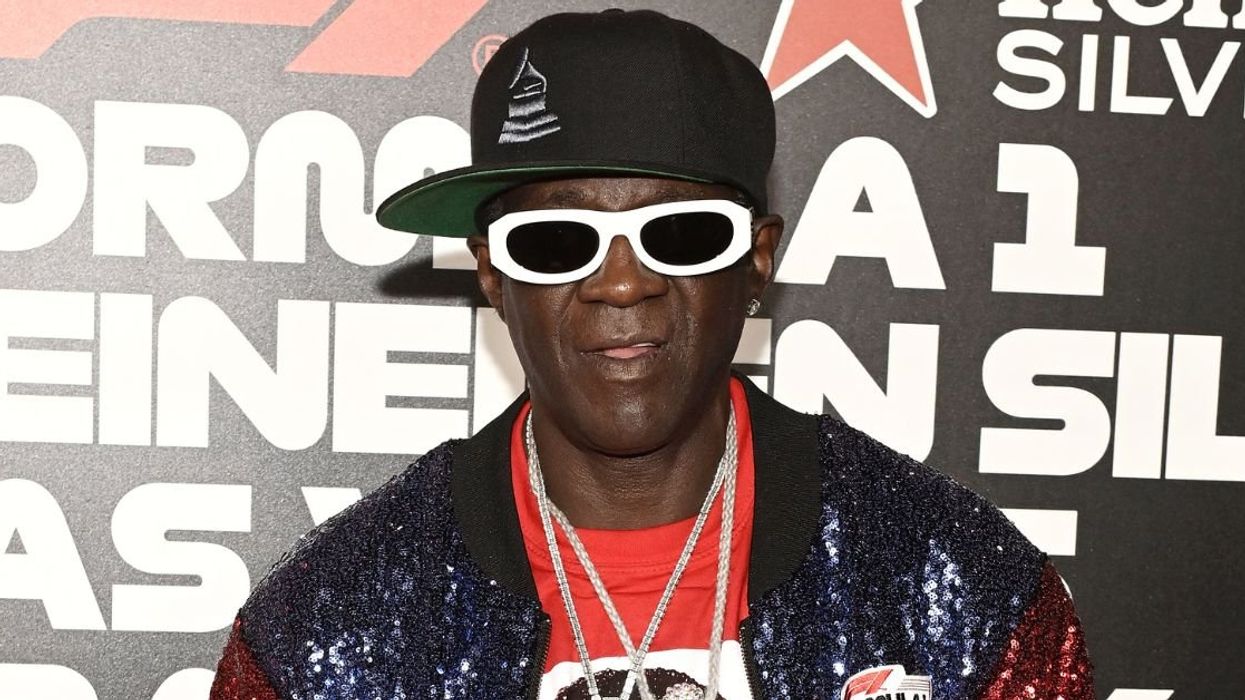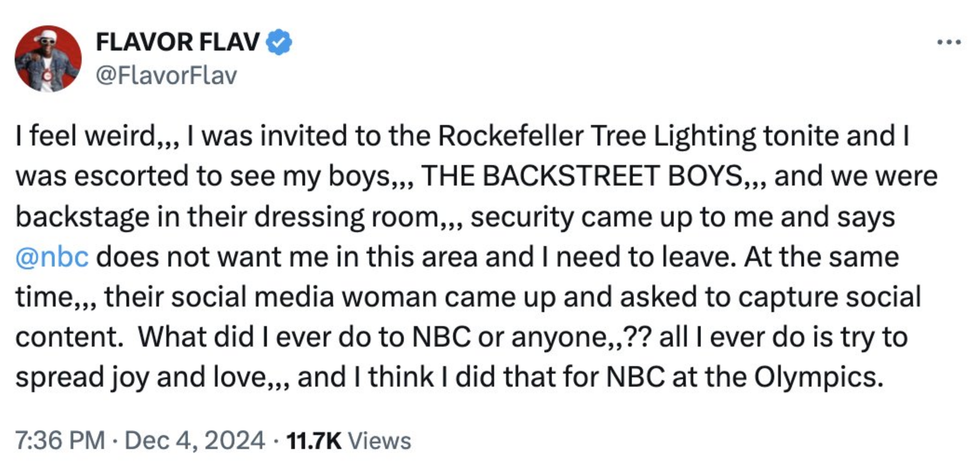Japan is struggling with a generational imbalance as the younger demographic is on the decline. But there's a smaller demographic that on the brink of extinction: ninjas.
Iga, a town in Central Japan, 280 miles from Tokyo, is known to be the birthplace of the ninja. However, despite its historical allure, the town is suffering from a major depopulation crisis with the youth leaving for the big city.
Business Insider reported on Sally Herships's journey to Iga in an NPR podcast, and co-host Stacey Vanek Smith discovered that the reason for the dwindling population in the rural area is because it lacks two components that make the city's economy thrive: "stuff to sell and people to buy the stuff."
The mayor of Iga, Sakae Okamoto, promotes the town's ninja roots by hosting the annual ninja festival that brings in 30,000 people. But is it enough of a solution?
For example, we hold this ninja festival between late April to around the beginning of May. During this period visitors and also local people come here. Everybody will be dressed like a ninja and walks around and enjoys themselves — but recently I feel that it's not enough.
For this out-of-towner, ninjas weren't the draw for visiting Iga.
According to the United Nations World Tourism Organization, Japan has seen a boost in tourism with 29 million visitors since 2017. Unfortunately, with the 2020 Olympics set to take place in Tokyo, rural areas in the country like Iga is left out of visitors' places to see.
Okamoto hopes to draw some of crowds by building a second ninja museum to replace the relocating city hall, but due to Japan's low unemployment rate at 2.5% and a shortage of ninjas, there are obstacles ahead.
Sugako Nakagawa, the curator of a ninja museum explained to Reuters in 2008 that the disappearing ninja population is because of its inheritable class.
Without severe training, nobody could become a ninja. That's why they have silently disappeared in history.
Applications are exclusive for authentic ninjas only. Herships described the benefits of the position:
First of all, the pay is quite competitive. Today, ninjas can earn anything from $23,000 to about $85,000 — which is a really solid salary, and in fact, a lot more than real ninjas used to earn in medieval Japan.
The salary is definitely a good incentive but will many of the applicants even be qualified?
H/T - Maxim, BusinessInsider, Twitter








 @FlavorFlav/X
@FlavorFlav/X







 @jeffgoldesq/X
@jeffgoldesq/X @AaronParseghian/X
@AaronParseghian/X
 @margaritacoxmusic/Instagram
@margaritacoxmusic/Instagram @denisesomething/Instagram
@denisesomething/Instagram @_clairenibhrolchain/Instagram
@_clairenibhrolchain/Instagram @the_dhkc/Instagram
@the_dhkc/Instagram @vjmorph/Instagram
@vjmorph/Instagram @huneybea/Instagram
@huneybea/Instagram @cheryloutwest/Instagram
@cheryloutwest/Instagram @jayhawkscott/Instagram
@jayhawkscott/Instagram @nicolariske_/Instagram
@nicolariske_/Instagram @kinantipinta/Instagram
@kinantipinta/Instagram @radfordlizl/Instagram
@radfordlizl/Instagram @el_bonitas/Instagram
@el_bonitas/Instagram